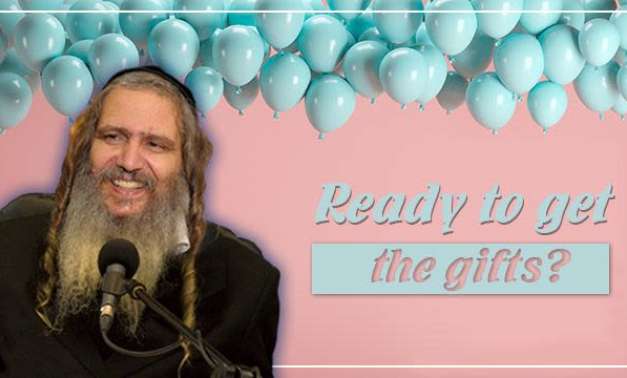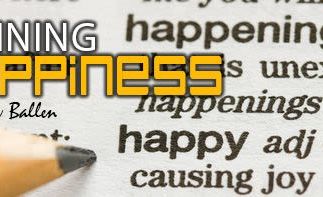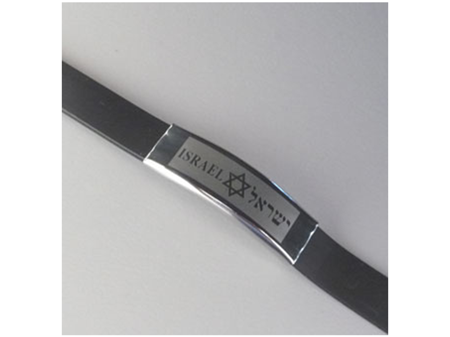
Emuna and Healthy Emotions
It can really help to speak to other people who have experienced how emuna works in their lives, or to read accounts of other people's miracles and salvations…

What if the idea of praying simply doesn’t interest you? Maybe you spent one too many Yom Kippurs in synagogue as a child, feeling bored to death, and now you just can’t get excited about the idea of talking to the Creator? The answer is that you can – you just need to understand what prayer, happiness, and your soul have in common.
So how do you start feeling that you really want to pray? It’s simply through revealing the G-dliness that you already possess in your own soul. People ask me all the time how they can feel the holiness of their own souls, and I tell them what Rabbi Arush says: by strengthening your emuna you reveal your holy soul because your soul, your emuna and your healthy emotions are one. When you’ll really get this, then you’ll feel like praying to G-d in every situation that you find yourself in.
Now the way to emotional health and happiness; the way to the end of confusing, overwhelming, painful emotions; emotions like anger, revenge, jealousy, sadness and fear is to create a stimulus barrier  between you and the toxic external influences that cause you to become detached from your soul. Then these crippling emotions can’t creep into your mind.
between you and the toxic external influences that cause you to become detached from your soul. Then these crippling emotions can’t creep into your mind.
This is where it can really help to speak to other people who have experienced how this works in their lives, or to read accounts of other people’s miracles, and Heavenly salvations.
I am fortunate that I spend half my day amongst Torah scholars who work hard at shutting out the nonsense of this world and connecting to the truth of Torah and emuna. So I’m surrounded by a very healthy group of peers when I’m in yeshiva. I also work with a team of people at Breslev Israel who are all on fire to grow spiritually – from the secretaries and the computer techs to the guys who ship you your books, the phone staff, the people in advertising and marketing each one is not only safe to speak with but growth-enhancing to speak to. In particular I enjoy speaking with Rabbi Lazer Brody who helps me to clarify Rav Arush’s views on emuna and emotional health. My discussions with other Rabbis at the yeshiva such as Rav Elgrad and Rabbi Nosson Maimon have also been very helpful.
Clearly, the way out of emotional distress, worry, and senseless comparing yourself to others is to really commit to increasing the amount of time that you are living with emuna. You will accomplish this by learning to approach every-single event of the day with the belief that no matter what happens, everything is coming from G-d and it will ultimately be good for you.
You too must look for role models, to show you how to attain this goal. If you want something enough you have to study with people who already know how to do it. In this case, you will need two types of role models: one for how to learn the Torah and apply it’s laws, and another who can teach you how to use emuna to stay free from negative emotional reactivity – something that so many people are prone to today. This is why Rav Brody and I make such a good team.
If we’re surrounded by “positive” role models, then we get conditioned to do good, positive, healthy things automatically, but unfortunately, the opposite is also true. We can be conditioned to get angry. We can be conditioned to get depressed. We can even be conditioned to become atheists (G-d forbid). If we are not on guard, we can easily get negatively reinforced by the very people we don’t wish to be like.
Let’s see how this can work, in practice. Say you are feeling pretty happy and content but you work in a place where people are depressed and miserable. If you come into work overflowing with happiness, the depressed people may resent your being so happy. When they ask you how you are and you cheerfully answer: “I’m great, thanks. How are you?” They answer in a deadpan depressed tone: “Oh, me? I’m okay…” But what they are thinking is: “Why does she deserve to be so happy when I feel like I have nothing to live for?” Very quickly, without you realizing it you begin to feel bad for this depressed person. You start feeling guilty that you feel so good and happy about life and they don’t. Then you think that you’re happiness is just making them feel worse because it’s reminding them of how miserable they feel. This is where you are at risk of starting to tone down your happiness and justifying it because you “need to fit” in in your workplace.
We have to work very hard to counter the effects of this kind of negative reinforcement as we try to grow in Judaism too. The wider society, certain family members and other people who are only looking out for our “best interests” may tell us: “you’re being brainwashed by religion,” “Why do you need all this Jewish stuff?” or “speaking to G-d is just stupid!”
Even religious Jews can create this sort of negative reinforcement, and we have to constantly be on guard against it, by identifying it and screening it out wherever possible. Why? Because, we can very easily get discouraged by other people…
Instead of that negative reinforcement, we need to find ways of being around people who encourage us, and give us positive reinforcement. We need to create that environment for ourselves, by constantly telling ourselves: “It’s really working for me! It’s really worked for many very holy people already – that’s how they got holy! So it can work for me, too.”










Tell us what you think!
Thank you for your comment!
It will be published after approval by the Editor.